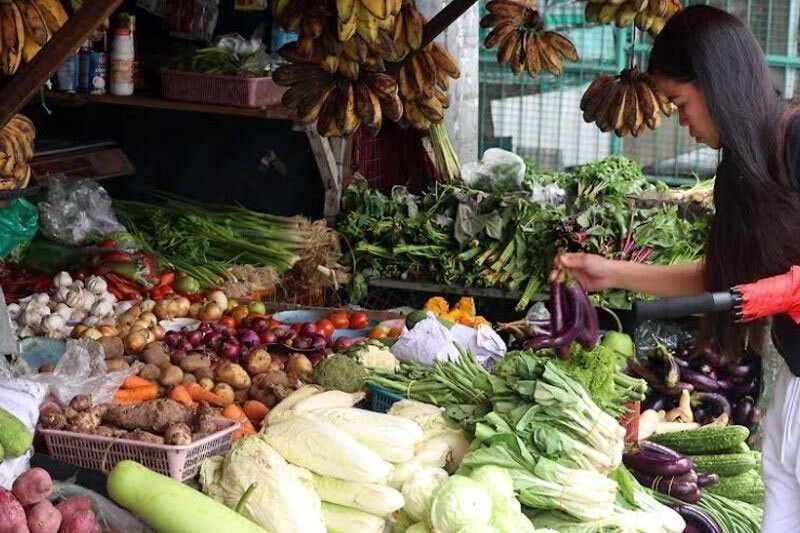DA won’t declare food security emergency

MANILA, Philippines — The declaration of a food security emergency is no longer an option for the government, since there is no rice shortage and no extraordinary spike in retail prices that would warrant its implementation, a ranking official of the Department of Agriculture (DA) said over the weekend.
In a radio interview, Agriculture Assistant Secretary and spokesman Arnel de Mesa said the DA can invoke Section Six of Republic Act 12078 or the Agricultural Tariffication Act only if the two conditions are met.
“Our basis for the declaration of food security emergency, based on section six of the amendments of the Rice Tariffication Law (RTL); there are two possible reasons why you may invoke a (declaration of food security) emergency. First, there is shortage (in rice supply) and second, there is an extraordinary increase in prices,” De Mesa said.
The newly signed law amends RA 11203 also known as the RTL.
“There was a drop in the retail price of rice as evident by the latest release of the Philippine Statistics Authority (PSA) on inflation. Rice was no longer a big factor in the inflation, unlike in the previous month where the staple was a major factor,” De Mesa said.
He added that the retail price of rice is expected to further go down as its cost in the international market is also on the downtrend.
“We also expect that the local production will recover this year, barring any major calamity issue, but looking at all possibilities, we could have a good harvest for the year,” De Mesa said.
He said that in 2024, the country’s total palay output reached 19.3 million metric tons while imported rice reached almost 4.7 MMT.
“We have enough (rice) supply until the next harvest. So, we don’t have a supply shortage in terms of rice. The two possible scenarios will not be present in the declaration of food security emergency,” De Mesa said.
He said various efforts are being made to bring down the retail price of rice.
“It (declaration of food security emergency) is not part of the agenda during our discussions (with various stakeholders),” De Mesa said.
Meanwhile, he said that the DA is currently reviewing the possible lifting of Executive Order 62, which lowered the tariff on imported rice to 15 percent.
“On the possible return of (original) tariff (on imported rice), we are looking into this. There is a possibility that once the price in the international market continues to go down, the DA can recommend to return the tariff (on imported rice) to a certain level, not necessarily 35 (percent tariff),” De Mesa added.
De Mesa said that under the amended RTL law, at least P30 billion from tariff revenues will be tapped to provide assistance to local farmers.
“This will still depend on the tariff collections. It Is important that we will be able to collect taxes to meet the P30 billion (tariff collections),” he added.
Farmers’ groups who have been opposing the implementation of EO 62, said that the government already lost at least P13 billion in revenues because of the 15 percent tariff on imported grains.
“The review is ongoing. In fact, it was (Agriculture Secretary Francisco Tiu Laurel Jr.) who recommended a periodic review, every four months, on the implementation of EO 62,” De Mesa said.
He said a review was done in November 2024, and the next review is scheduled for March 2025.
On the other hand, De Mesa said that the maximum suggested retail price (SRP) of P58 per kilo effective on Jan. 20 only covers five percent broken imported rice.
“We only started the maximum SRP on five percent broken (imported rice). We will also issue maximum SRP on 25 percent broken,” he said.
Tiu Laurel has announced the implementation of a maximum SRP on rice after EO 62 failed to bring down the cost of rice despite the flooding of imported grains.
“Our efforts to remove the branding and implement maximum SRP on imported rice are aimed to tame the abuses in all the levels of the value chain,” De Mesa said.
- Latest
- Trending



























